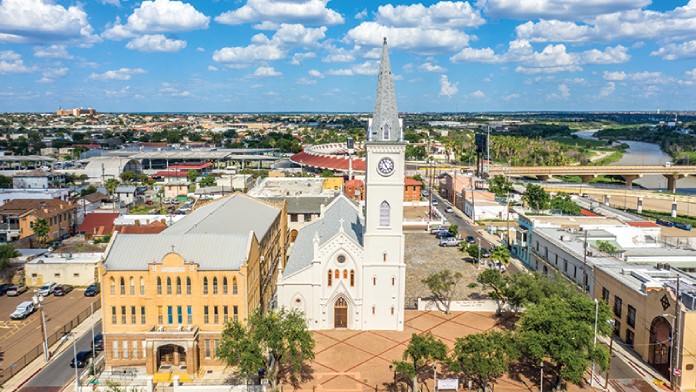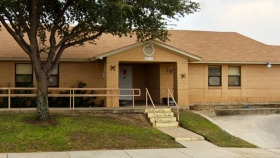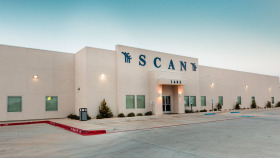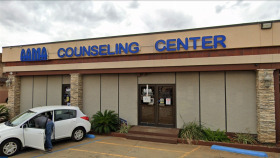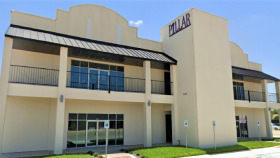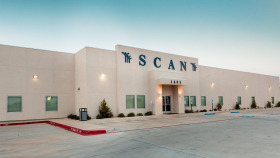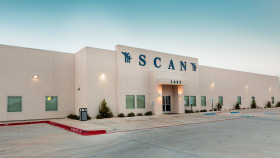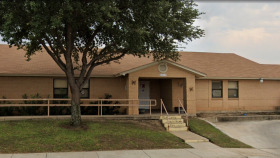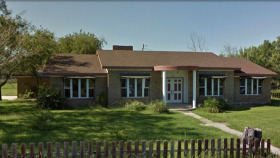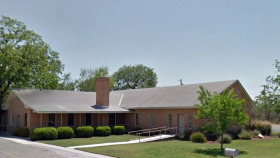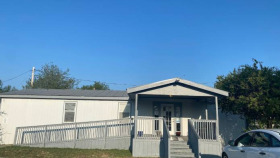Expert Insights
The Mexican drug cartels are coming up with new means and methods for illegally trafficking drugs into the United States, and the port of entry at Laredo has been a prime target. A perfect example is the biggest drug bust uncovered at a Laredo port of entry in over two decades. A seemingly normal shipment of baby wipes arrived in a trailer at the Colombia-Solidarity Bridge in Laredo, but thanks to the keen nose of a drug-sniffing canine, Border Patrol officers found the baby wipes were actually 1,935 packages of cocaine totaling 1,533 pounds. The confiscated cocaine had a street value of around $12 million.
~ Rita Milios
How Expensive is Drug Rehab in Laredo?
Drug rehabs in Laredo vary in cost. Some facilities are expensive and may cost hundreds of dollars a week, while others can offer free services to residents who meet their eligibility requirements. Amenities can increase costs as well. For example, if you want a private room, special meals, and access to electronics and television, the total cost increases.
The more it costs your Laredo alcohol rehabs of choice to accommodate you, the more it will cost you. Fortunately, many types of Laredo addiction treatment centers can create a custom plan to meet your financial and recovery needs.
How Does Laredo Compare in Alcohol and Drug Use?
Laredo is one of the most historic towns on the Southern border, home to one of the first crossing points on the Mexico-United States border. Unfortunately, it is affected by the alcohol and drug epidemics, just like many other towns in America. Government officials and local treatment centers are working to combat the epidemic, from introducing new services to outreach programs. If you or a loved one is struggling with addiction, there are more than 10 accredited alcohol and drug rehab centers in Laredo that can help put you on the path to recovery.

Drug-related deaths in Laredo decreased from 43 in 2017 to 27 in 2018.
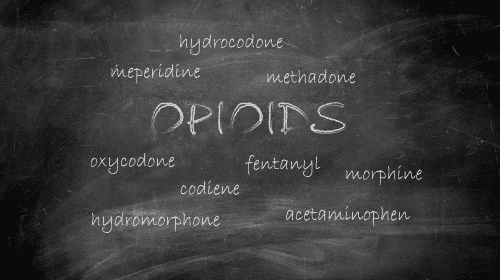
Of the 219 overdose deaths between 2012 and 2018, 156 were related to opioids.

In 2018, the Laredo police made 1,073 arrests for possession of controlled substances
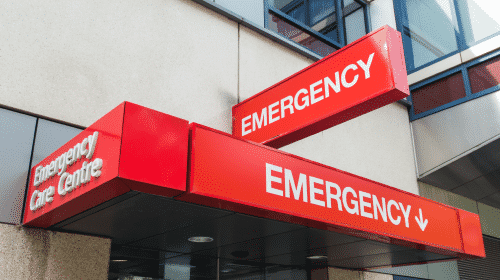
In 2018, emergency services in Laredo received a total of 122 calls for drug overdoses.
Webb County is in region 11 in South Texas. The 2020 Regional Needs Assessment discovered specific areas of concern for our county and the surrounding counties in region 11. For example,
437 alcohol permits exist in Webb County and 4,616 in region 11
98 violations occurred regarding the sale of alcohol to minors
10 DUIs cited to minors and 5,320 DUIs cited to adults
1,946 alcohol-related car accidents.
- 23% believed they could access alcohol, with 4.6% reporting they engaged in binge drinking in the month before the survey
- 19% said marijuana
- 6% said synthetic marijuana
- 19% said inhalants
Regarding region 11 arrests of minors and adults due to substance abuse in 2019,
- 10 DUIs for minors and 5,320 DUIs for adults
- 44 for underage drunkenness and 8,420 for adults
- 1,946 alcohol-related car accidents.
Drug and Alcohol Laws in Laredo
Texas has several drug and alcohol laws protecting the people of Laredo.
House Bill 2174: House Bill 2174 requires physicians to write opioid prescriptions for no longer than ten days, and the prescriptions cannot have refills. The Sandra Bland Act requires jailers to assess mental health and substance use disorders and send inmates for treatment rather than keeping them in jail.
The Good Samaritan Act: The Good Samaritan Act in Texas protects you from being arrested or charged if you are in good faith trying to save another person’s life, even if you yourself are misusing alcohol or drugs at the time. For example, if you are misusing heroin with a friend and your friend overdoses, you can call 911 for help without the fear of being arrested or getting in trouble.
Resources
- Laredo/ Webb County Drug and Alcohol Commission. (2018). Substance Use Services Directory.
- Behavioral Health Solutions of South Texas Prevention Resource Center 11. (2020). Regional Needs Assessment.
- Substance Abuse and Mental Health Services Administration. (2022). Substance Abuse Prevention and Treatment Block Grant.
- Texas Health and Human Services. (2022). What is Texas Medicaid?

